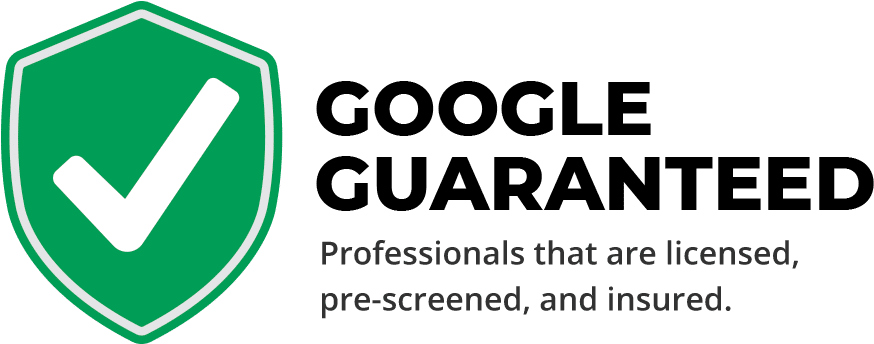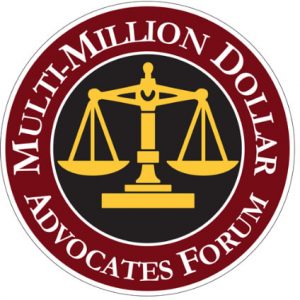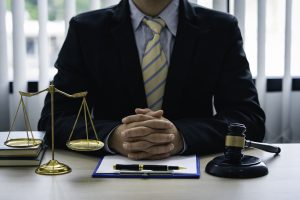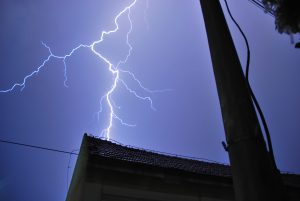Table of Contents
ToggleCausation in Personal Injury Claims
While personal injury claims help you in compensating your losses yet the most difficult part of gaining compensation is proving causation in personal injury. Here, causation stands for any negligent act of another person that caused suffering to the claimant- whether financial or physical.
To prove causation in personal injury claims, the claimant must prove:
- The injury or loss caused by the breach or negligent act of the defendant.
- The injury or loss was not remote or unforeseeable.
In case if the breach or negligent act of the defendant was remote or unforeseeable, claiming the compensation can be likely unsuccessful. Hence, for any personal injury claim, proving remoteness or unforeseeability are the primary aspects that can decide the fate of your claim.
The Process of Causation in Personal Injury Claims
Standard Courts Apply ‘But for’ Test
When considering causation, the standard courts apply the ‘but for’ test. This means ‘but for’ defendant’s conduct, would the claimant have suffered the damage? To answer this question, a lot of factors examined during the incident are taken into account. Therefore, situations that appear to show causation even hold the probability to fail the test.
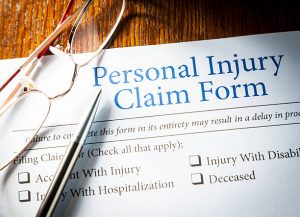 For instance, let’s suppose that John was driving on the road, he sped through the red light and hit Samuel’s car from behind. Consequently, Samuel sustained whiplash from the accident. In this case, it was the duty of John to follow the traffic laws which he breached by speeding through the red light. Samuel would not have suffered the injury had John obliged by the laws. Hence, John is the actual cause of Samuel’s whiplash injuries.
For instance, let’s suppose that John was driving on the road, he sped through the red light and hit Samuel’s car from behind. Consequently, Samuel sustained whiplash from the accident. In this case, it was the duty of John to follow the traffic laws which he breached by speeding through the red light. Samuel would not have suffered the injury had John obliged by the laws. Hence, John is the actual cause of Samuel’s whiplash injuries.
The Proximate Cause Test
The proximate cause test examines the facts of the case and takes the impact of the defendant’s action on the outcomes into account. As stated earlier, if the actions are proved unforeseeable or relate closely to the accident, the court will find the defendant the cause of the accident.
For instance, the cause of Samuel’s whiplash was John speeding through the red light. The resulting car accident was an unforeseeable consequence of John’s negligence. Hence, John’s breach of duty to drive carefully was the proximate cause of Samuel’s injuries.
Causation in Personal Injury also Concerned Person Cause Injury to Another
Now, here the causation in personal injury is also concerned with whether the person’s action foreseeably caused injuries to another. If the actions of the defendant were remote or disconnected from the claimant’s injuries, they will not be deemed the cause of injuries.
Again, let’s suppose, a local police offer stopped John before this accident with Samuel. John did not have proof of the insurance. However, the police offer to let him go without impounding his car. According to ‘but for’, it was the failure of the police officer to seize the car. Had he done the duty, John would not have run the red light and caused Samuel’s injuries.
While the failure of a police officer might seem the ‘actual cause’; Samuel’s injuries were not a foreseeable result of the police officer’s actions. Hence, the police officer cannot be deemed liable for the injuries. The relation between the failure of the police officer and John’s crash is too remote to trigger the proximate cause. Therefore, the police officer’s action would not be a legal cause of Samuel’s injuries.
How Tricky proving Causation in Personal Injury Claims

By now, you are pretty aware of how tricky proving causation in personal injury claims can be especially when there are multiple contributing factors. Hence, it may be in your best interest to get in touch with experienced and legal counsel to guide you through the process. You can find such seasoned Fort Lauderdale personal injury attorney at Wolf and Pravato.
Wolf and Pravato with 20 years of experience in serving personal injury claims for the citizens of South Florida can assist you. Our team of South Florida personal injury attorneys can help you navigate through the technicalities of the personal injury claims right from applying for one, identifying witnesses in your case to proving causation, and receiving the compensation. With our experienced team, you can get fair compensation for your losses and injuries.
Contact Us at The Law Offices of Wolf & Pravato
You can reach us here for a free consultation and pay us nothing unless we win your personal injury case or you can also write to us at in**@************to.com.


